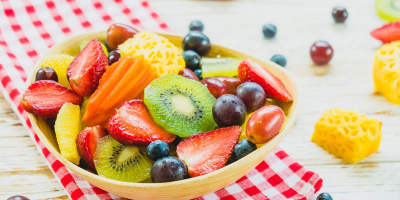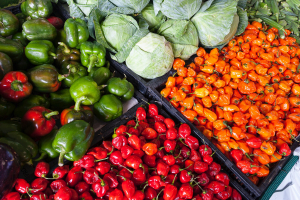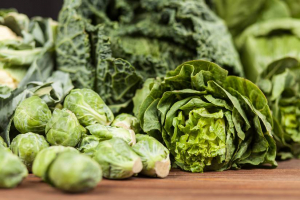Top 8 Myths About Dietary Fat and Cholesterol
Many health professionals frequently demonize dietary fat and cholesterol, which has caused many people be cautious to foods with a lot of fat. However, it is ... read more...problematic and unrealistic to concentrate on a particular macronutrient rather than your whole diet. Although it's true that some foods high in fat and cholesterol, including fast food and fried meals, should be avoided in any balanced diet, many healthy items high in fat may and should be included in healthy, well-rounded dietary patterns. Below are myths about dietary fat and cholesterol that should be made clear!
-
The idea that consuming foods high in fat will make you gain weight is a widespread diet myth. While it is true that eating too much of any macronutrient, including fat, can cause weight gain, eating foods high in fat as part of a balanced, healthy diet will not cause weight gain.
On the other hand, eating foods high in fat may help you lose weight and feel full between meals. In fact, a number of studies have suggested that eating foods high in fat, such as whole eggs, avocados, nuts, and full-fat dairy products, may help in weight loss and feelings of fullness. Additionally, studies have shown that extremely high-fat diets, such as ketogenic and low-carb, high-fat diets, can help people lose weight. Quality obviously important. Consuming highly processed, high-fat foods including fast food, sugary baked goods, and fried foods may make you more likely to gain weight.

Eating fat leads to weight gain 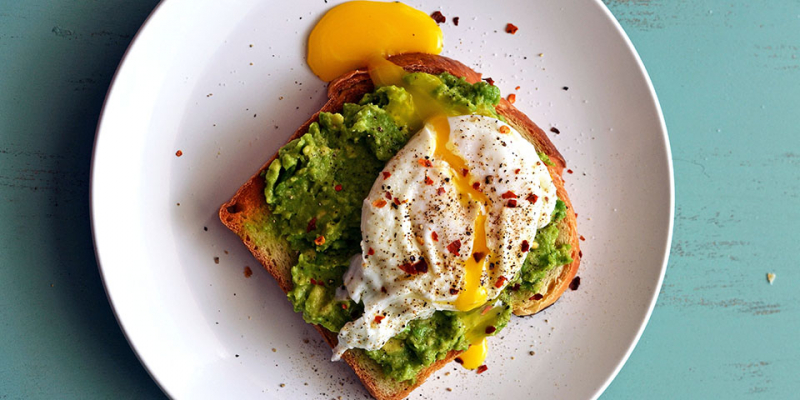
Eating fat leads to weight gain -
Many people believe that foods high in cholesterol are unhealthy, including whole eggs, shellfish, organ meats, and full-fat dairy. That's not the case, though. Although it's true that some foods including ice cream, fried foods, and processed foods high in cholesterol and should be limited to a balanced diet, the majority of people don't need to stay away from healthy, high-cholesterol foods.
In fact, a lot of foods high in cholesterol are nutrient-dense. For example, egg yolks contain a lot of B12, choline, and selenium while also being rich in cholesterol, and full-fat yogurt with a lot of cholesterol also contains a lot of calcium and protein. Furthermore, just one ounce of the cholesterol-rich raw liver (19 grams cooked) provides more than half of the Reference Daily Intake (RDA) for copper and over 80% of the RDA for vitamins A and B12. Additionally, studies have shown that eating foods high in cholesterol like eggs, fatty fish, and full-fat dairy may benefit a number of health-related aspects.

Cholesterol-rich foods are unhealthy 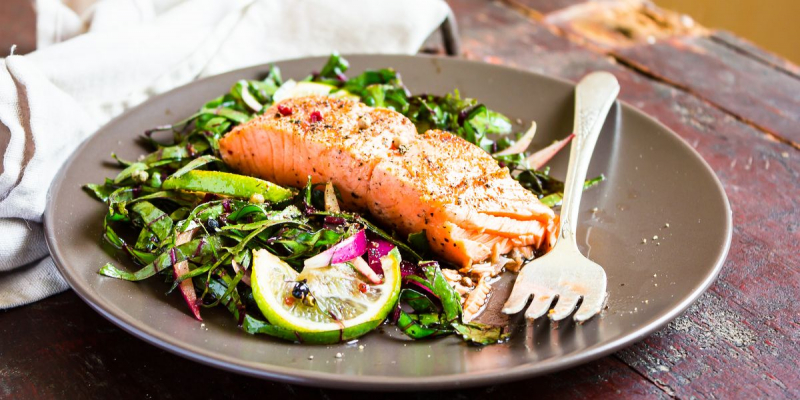
Cholesterol-rich foods are unhealthy -
Recent studies have not consistently demonstrated a link between consumption of saturated fat and heart disease, even though this issue is still highly contested among medical professionals. Saturated fat does, in fact, raise well-known heart disease risk factors such as apolipoprotein B and LDL (bad) cholesterol.
Saturated fat consumption, however, tends to increase the amount of large, fluffy LDL particles while decreasing the amount of smaller, denser LDL particles that are associated with heart disease. But some studies have shown that certain types of saturated fat may increase heart-protective HDL cholesterol. In fact, a number of major studies have not consistently linked saturated fat consumption to heart disease, heart attacks, or deaths from heart disease. Though not all research agrees, more well-designed studies are required.
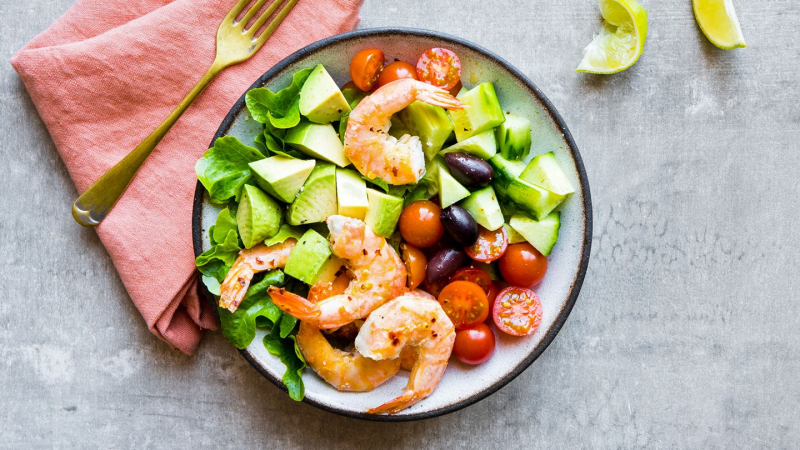
Saturated fat causes heart disease 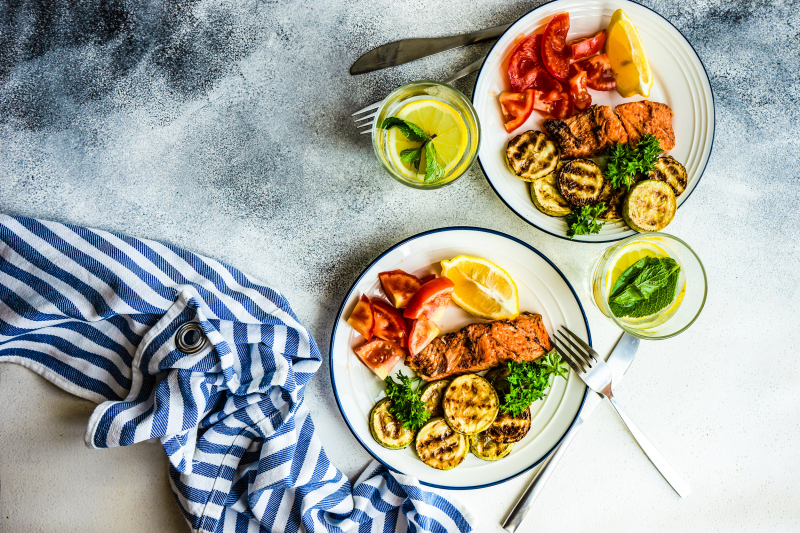
Saturated fat causes heart disease -
Pregnant women are frequently advised to stay away from foods high in fat and cholesterol. Although many women believe that eating a low-fat diet is beneficial for their health and the health of their unborn child, eating fat is necessary during pregnancy.
In fact, pregnant women require more fat-soluble vitamins and minerals, such as choline and vitamin A, as well as omega-3 fatty acids. Additionally, dietary fat is necessary for the healthy development of the fetal brain, which is predominantly composed of fat. Low maternal blood levels of docosahexaenoic acid (DHA), a type of fatty acid found in fatty fish, may cause the fetus's neurodevelopment to be impaired. DHA is essential for the development of the fetal brain and vision. Some foods that are high in fat are also very nutrient-dense and offer nutrients that are hard to get in other diets but are crucial for the health of the fetus and mother. For example, egg yolks are particularly high in choline, a vitamin essential for the development of the fetal brain and vision.

High fat and cholesterol-rich foods should be avoided during pregnancy 
High fat and cholesterol-rich foods should be avoided during pregnancy -
Numerous low-fat eating plans are suggested for the treatment of type 2 and gestational diabetes. This is a result of the mistaken notion that eating dietary fat may raise one's chance of developing diabetes.
Although eating foods high in fat, such as trans fat, fatty baked goods, and fast food, can raise your chance of developing diabetes, studies have shown that eating other high-fat food may provide some protection. For instance, high-fat foods like fatty fish, whole-fat dairy, avocados, olive oil, and nuts have all been shown to improve insulin and blood sugar levels and may even help prevent the onset of diabetes. While some research indicates that consuming more saturated fat may raise the chance of developing diabetes, more recent studies have found no conclusive evidence of this. For example, a 2019 study involving 2,139 people revealed no correlation between the consumption of total fat or fat derived from animals or plants and the risk of type 2 diabetes.
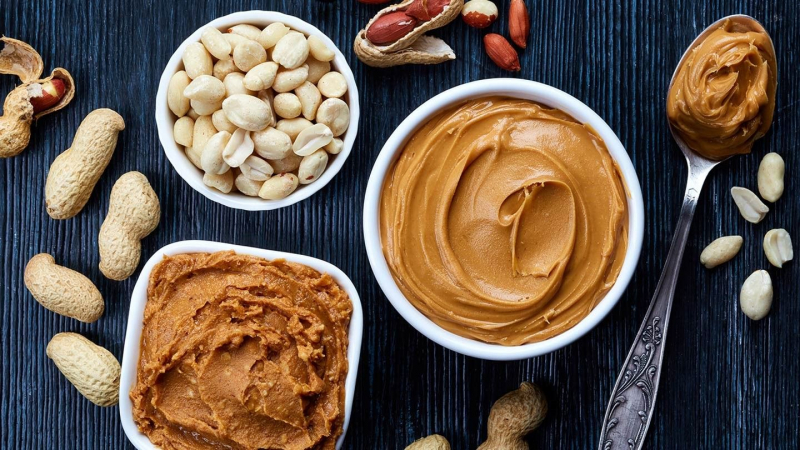
Eating fat increases diabetes risk 
Eating fat increases diabetes risk -
It's commonly believed that substituting vegetable oils for animal fats in foods like margarine and canola oil can improve your health. However, this is probably not the case, according to the results of recent research.
Omega-6 fats are abundant in margarine and some vegetable oils, such as canola and soybean oil. Omega-6 and omega-3 fatty acids are both necessary for health, but modern diets frequently include far too much omega-6 and far too little omega-3. Increased inflammation and the development of harmful medical diseases have been linked to this imbalance between omega-6 and omega-3 fat consumption. In fact, a higher omega-6 to omega-3 ratio has been linked to health problems like mental decline, obesity, insulin resistance, mood disorders, and mood disorders. Many vegetable oil blends, butter substitutes, and low-fat dressings contain canola oil. Despite being promoted as healthful, research suggests that using this oil may be detrimental to many aspects of one's health.

Margarine and omega-6-rich oils are healthier 
Margarine and omega-6-rich oils are healthier -
High-fat foods are vilified, and even fatty foods that are extremely nutritious are categorized as "bad foods". This is unfortunate because many high-fat foods are nutritious and can keep you full between meals, promoting a healthy body weight.
They are also rich in vitamins, minerals, and antioxidants.
For instance, full-fat dairy, egg yolks, skin-on poultry, and coconut are high-fat foods that are frequently avoided by people who are trying to shed pounds or simply maintain their health, even though these foods include nutrients that the body needs for optimal function. Of course, eating too much of any food, even the ones mentioned above, might impede efforts to lose weight. In fact, consuming foods high in fat, such as eggs, avocados, nuts, and full-fat dairy, may speed weight reduction by lowering hormones that cause hunger and increasing feelings of fullness.
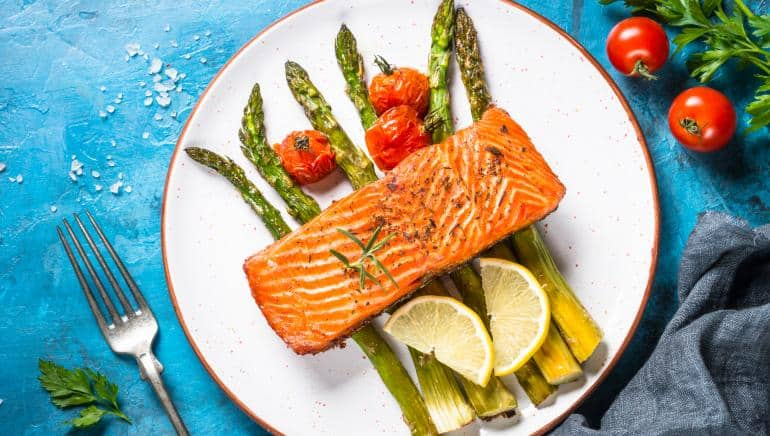
High fat foods are unhealthy 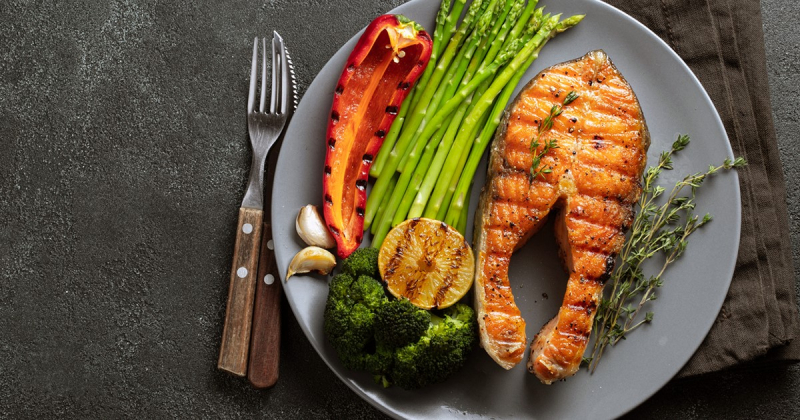
High fat foods are unhealthy -
There are probably a lot of fat-free products in your local supermarket if you take a stroll around it, including salad dressings, ice cream, milk, cookies, cheese, and potato chips.
Those who want to reduce their calorie intake by consuming lower-calorie foods are often targeted by the marketing of these products. Although low-fat foods may seem like a smart choice, they are bad for overall health. Processed fat-free foods contain ingredients that might adversely influence your body weight, metabolic health, and other factors, in contrast to naturally fat-free foods like most fruits and vegetables. Fat-free foods generally include a lot more added sugar than their regular fat counterparts, although having fewer calories. Chronic diseases like heart disease and obesity have been linked to the development when added sugar intake is high. Additionally, consuming foods high in added sugar may have a detrimental impact on leptin and insulin as well as other hormones in your body, which may make you consume more calories overall and result in weight gain.
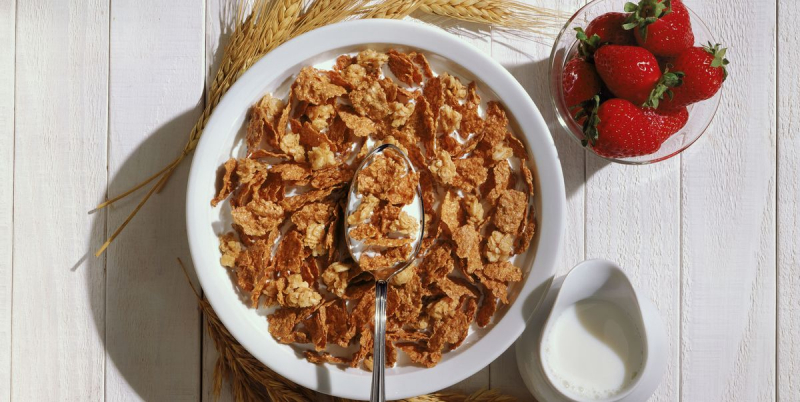
Fat-free products are a smart choice 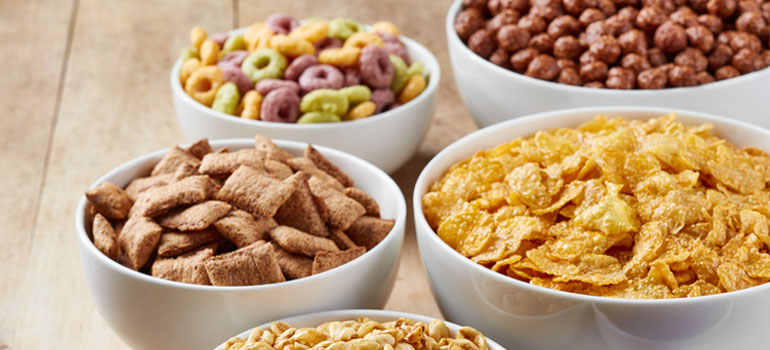
Fat-free products are a smart choice












